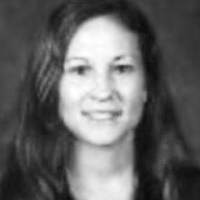Question
Teachers are already overwhelmed with CCSS. How do we get them to take specific data for students in large classes?
Answer
This is something as a parent advocate, I work on constantly. When I attend IEP meetings I try to get the parents and the teacher on board with data collection by asking, “What is realistic? What can you do?” so they feel a part of the planning process. I have found that teachers like Likert type scales. There are advantages and disadvantages with Likert scales, but if the parent and teacher are helping to develop it that can help with buy-in. Also, by placing the responsibility on the SLP to send out an email or put the data form in the teacher’s mailbox they are pretty good about returning the data to quickly.
The best way to get data returned quickly is through email. Then the SLP can forward it on to the parent. It is taken care of all electronically. There are some teachers who still prefer the information in the mailbox. However, I have noticed that if the SLP is taking responsibility to be the prompter, then the teachers are good about collecting the data and sharing it. I have also noticed that they become more involved and tuned in to the child’s speech and language when they are the ones taking that data. You may even start to see dialog develop between the teacher, the SLP and the parent on those specific goals, when they are the ones being pulled in and involved on a regular basis.
Dr. Lara Wakefield, CCC-SLP, has 18 years of experience as a Speech-Language Pathologist. She has researched the roles of the Speech-Language Pathologists and teachers in collaborative settings related to language and literacy for 14 years in several grant -funded projects. She has been a special education advocate for families of children with special needs for the past 5 years, focusing on improving the IEP process for parents.


